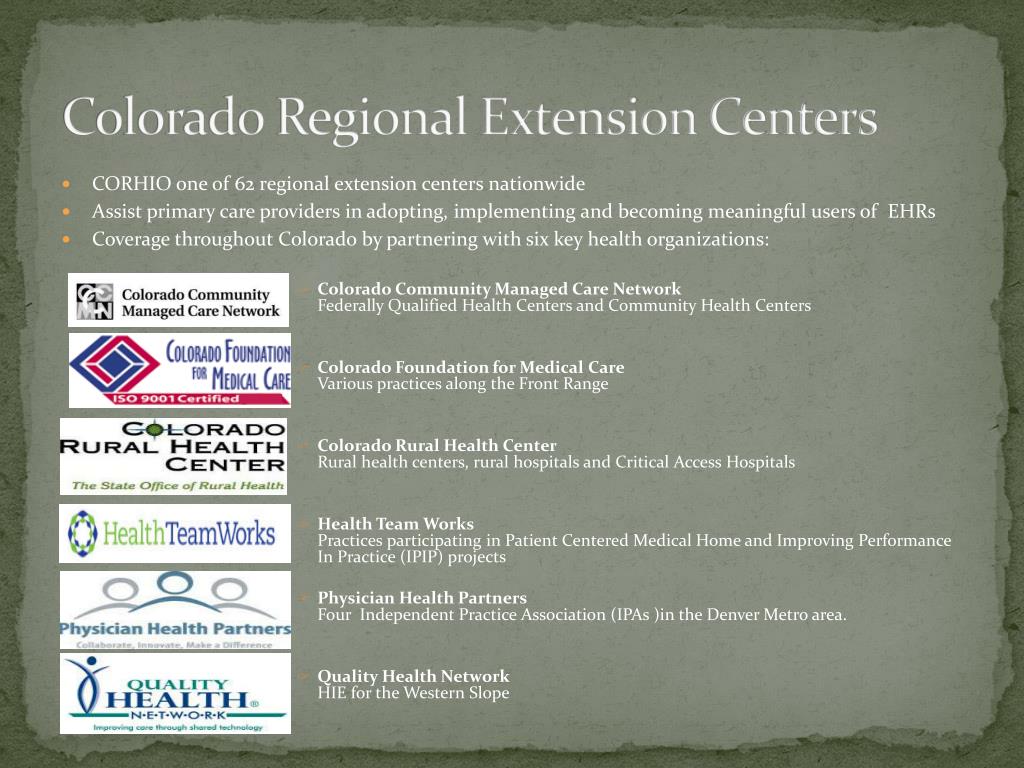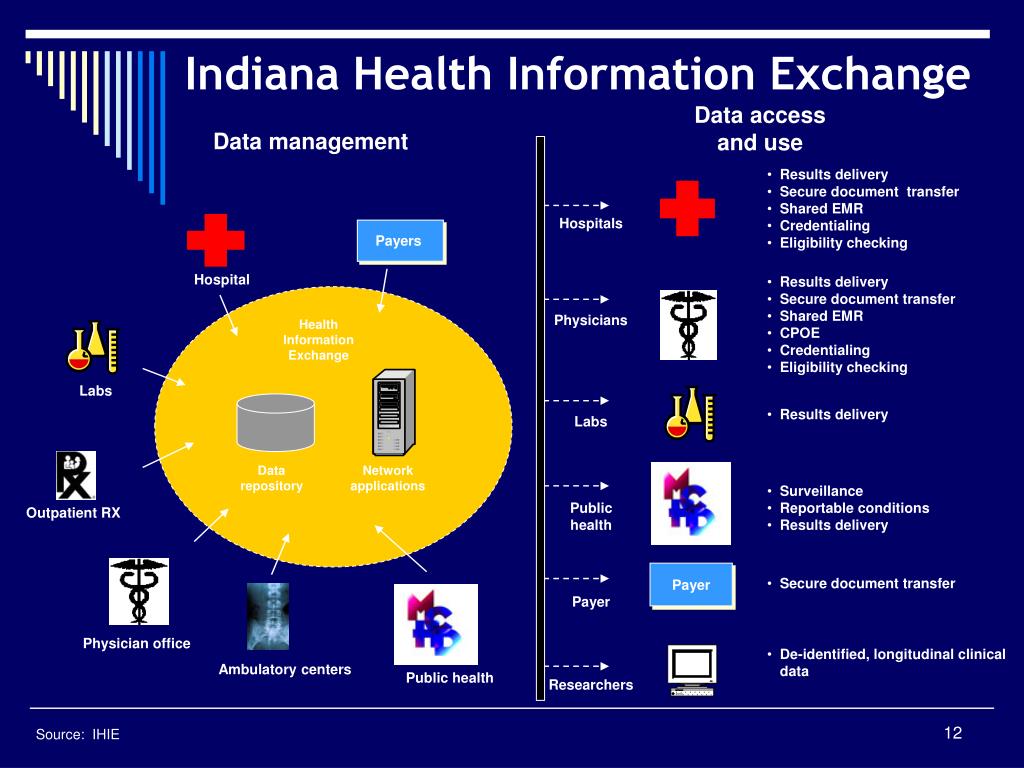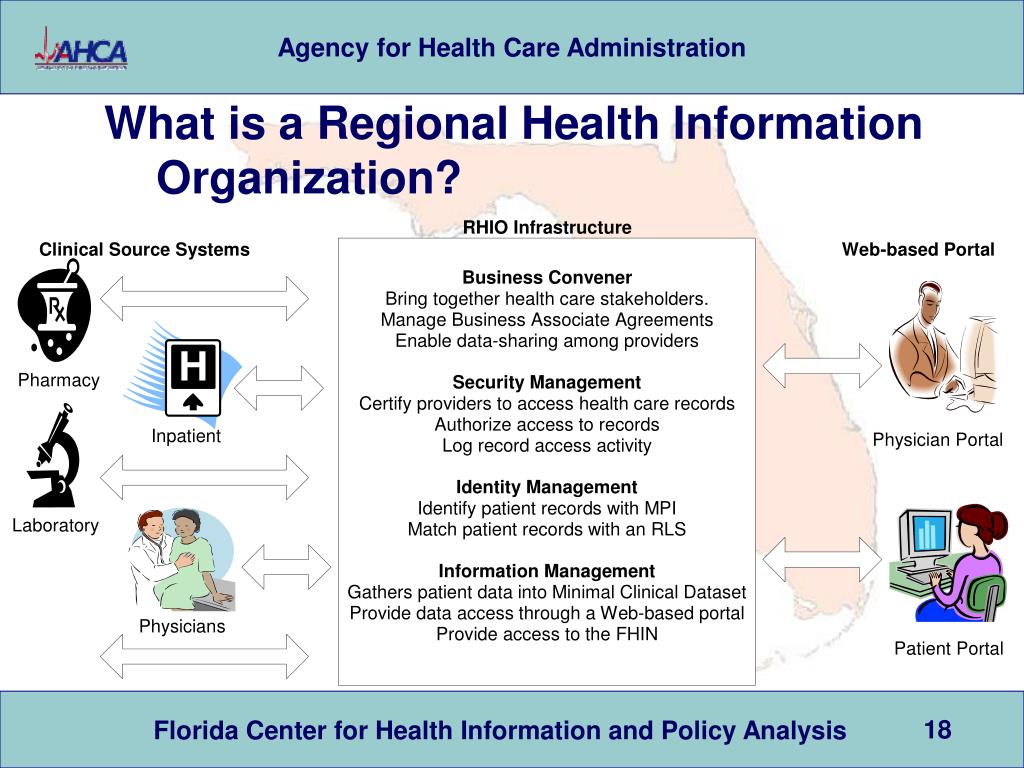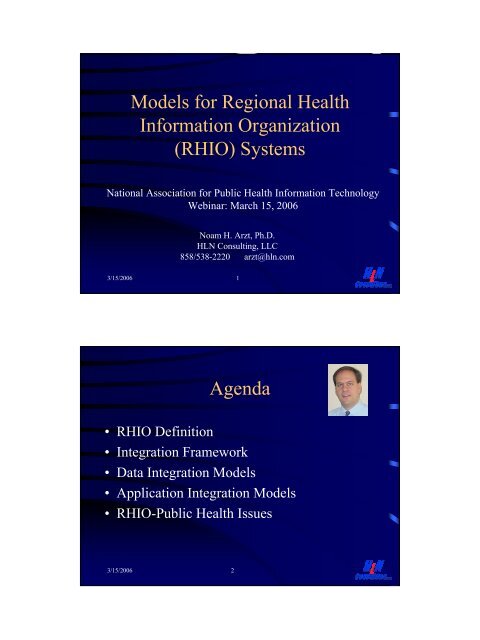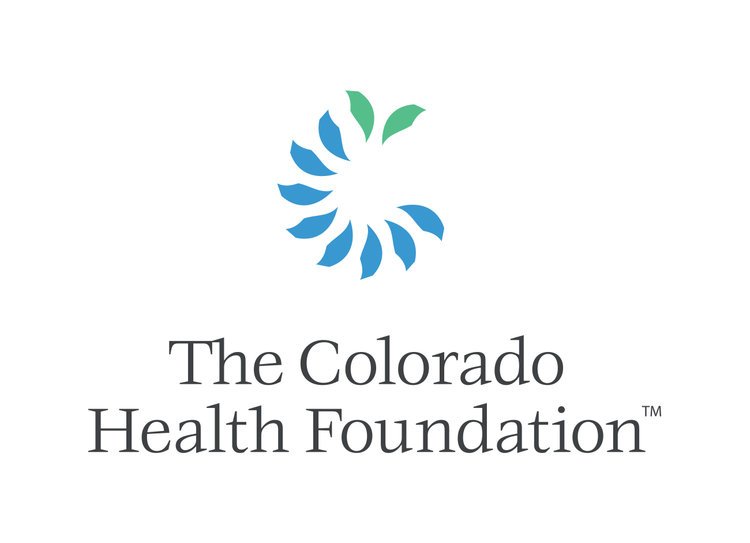Corhio - Colorado Regional Health Information Organization

Imagine a bustling doctor's office, the air thick with anticipation. Files overflow on desks, test results arrive via fax, and vital patient information resides in countless separate systems. Now, envision a different scene: a seamless flow of digital information, accessible with a click, empowering doctors to make informed decisions and patients to receive coordinated, efficient care. This is the promise that Corhio, the Colorado Regional Health Information Organization, is striving to deliver.
Corhio is a non-profit organization dedicated to improving healthcare quality and efficiency in Colorado by facilitating the secure exchange of electronic health information (EHI). It acts as a neutral, trusted intermediary, connecting disparate healthcare systems and enabling providers to access a more complete and accurate picture of their patients' health history. This article explores Corhio's mission, impact, and the challenges and opportunities it faces in the ever-evolving landscape of healthcare.
The Genesis of Corhio: A Response to Fragmentation
The story of Corhio is rooted in the recognition that fragmented healthcare systems lead to inefficiencies, errors, and poorer patient outcomes. Historically, medical information was siloed within individual practices, hospitals, and insurance companies. This made it difficult for providers to access a complete patient history, leading to duplicated tests, medication errors, and delayed diagnoses.
In the early 2000s, as electronic health records (EHRs) became more prevalent, the need for interoperability—the ability of different systems to communicate and exchange data—became increasingly apparent. Recognizing this critical need, a group of healthcare leaders in Colorado came together to form Corhio in 2004. They envisioned a statewide network that would securely connect these disparate systems, enabling seamless information sharing and improving care coordination.
Corhio launched its Health Information Exchange (HIE) platform, providing a secure infrastructure for providers to share patient data electronically. From its inception, Corhio focused on building trust and collaboration among diverse stakeholders, including hospitals, physician practices, community health centers, and payers. This commitment to neutrality and inclusivity has been central to Corhio's success.
How Corhio Works: Bridging the Information Gap
Corhio's HIE platform acts as a central hub, connecting various healthcare organizations and enabling the secure exchange of patient data. When a patient visits a participating provider, their information is automatically made available to other authorized providers involved in their care.
This includes information such as medical history, diagnoses, medications, allergies, lab results, and imaging reports. Corhio utilizes advanced security measures to protect patient privacy and ensure compliance with HIPAA regulations. Access to patient information is strictly controlled, and providers can only access data for patients under their care.
Corhio offers a range of services to support its members, including technical assistance, training, and data analytics. They provide tools and resources to help providers effectively use the HIE platform and leverage data to improve clinical decision-making. Corhio also actively participates in statewide and national initiatives to advance interoperability and promote the adoption of health information technology.
The Impact of Corhio: Improving Healthcare Outcomes
The impact of Corhio on healthcare in Colorado is significant and multifaceted. By enabling seamless information sharing, Corhio helps to improve care coordination, reduce medical errors, and enhance patient safety.
One of the key benefits of Corhio is its ability to reduce duplicate testing. When providers have access to a patient's complete medical history, they can avoid ordering unnecessary tests, saving time, money, and potentially exposing patients to unnecessary radiation or discomfort. This improves efficiency and reduces healthcare costs.
Corhio also helps to improve medication safety by alerting providers to potential drug interactions and allergies. This is particularly important for patients with complex medical conditions who are taking multiple medications. By providing timely alerts, Corhio can help prevent adverse drug events and improve patient outcomes.
Furthermore, Corhio plays a crucial role in supporting public health initiatives. The organization facilitates the electronic reporting of infectious diseases to public health agencies, enabling rapid detection and response to outbreaks. This is especially vital during public health emergencies, such as the COVID-19 pandemic, when timely data sharing is critical for controlling the spread of disease.
Data-Driven Insights
Beyond simply connecting systems, Corhio is increasingly focused on leveraging data to generate insights and improve population health. They offer data analytics services to help providers identify trends, track performance, and develop targeted interventions.
For example, Corhio can help providers identify patients at high risk for chronic diseases, such as diabetes or heart disease. By proactively reaching out to these patients and providing them with resources and support, providers can help prevent these conditions from worsening and improve their overall health.
Challenges and Opportunities: Navigating the Future of HIE
Despite its successes, Corhio faces ongoing challenges in the rapidly evolving healthcare landscape. One of the biggest challenges is maintaining interoperability in the face of constantly changing technologies and standards. Healthcare providers use a variety of different EHR systems, each with its own unique features and data formats.
Ensuring that these systems can seamlessly communicate with each other requires ongoing effort and collaboration. Corhio actively participates in national initiatives to develop and implement interoperability standards. They work closely with EHR vendors to ensure that their systems are compatible with the Corhio HIE platform.
Another challenge is addressing concerns about data privacy and security. While Corhio employs robust security measures to protect patient information, maintaining public trust is essential. Corhio is committed to transparency and actively engages with patients and community members to address their concerns.
Looking ahead, Corhio has significant opportunities to expand its impact and further improve healthcare in Colorado. One key opportunity is to integrate with other data sources, such as social determinants of health data, to provide a more comprehensive view of patients' needs. By incorporating data on factors such as housing, food security, and transportation, providers can better address the social and economic factors that influence health outcomes.
Corhio is also exploring new technologies, such as artificial intelligence and machine learning, to enhance its data analytics capabilities. These technologies can help to identify patterns and trends that would be difficult to detect using traditional methods. This can lead to more targeted interventions and improved patient outcomes.
Moreover, Corhio can play a crucial role in supporting value-based care models. These models reward providers for delivering high-quality, cost-effective care. By providing data on patient outcomes and costs, Corhio can help providers track their performance and identify areas for improvement. This can drive innovation and lead to better healthcare for all Coloradans.
Conclusion: A Collaborative Path to Better Health
Corhio stands as a testament to the power of collaboration and innovation in healthcare. By connecting disparate systems and fostering a culture of information sharing, Corhio is helping to create a more efficient, effective, and patient-centered healthcare system in Colorado.
While challenges remain, the organization is well-positioned to navigate the future and continue to improve the health and well-being of Coloradans. Its commitment to neutrality, transparency, and collaboration will be essential as it expands its services and integrates new technologies.
The journey of Corhio is a reminder that improving healthcare requires a collective effort. By working together, healthcare providers, policymakers, and patients can create a system that is truly focused on delivering the best possible care for all.

